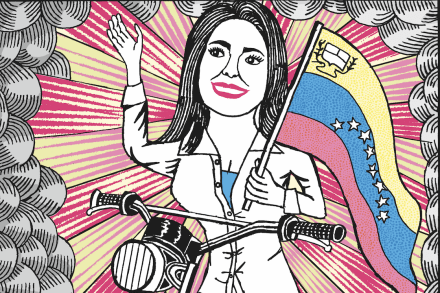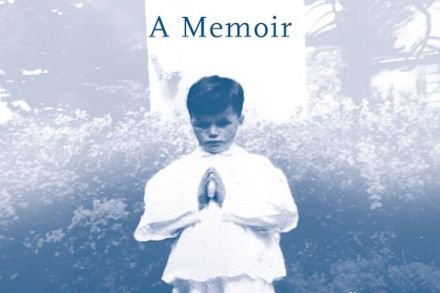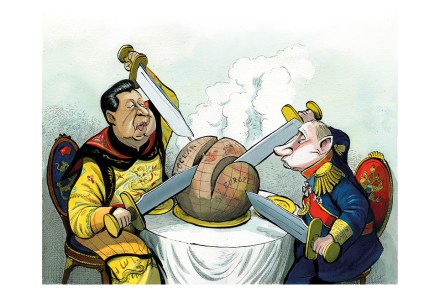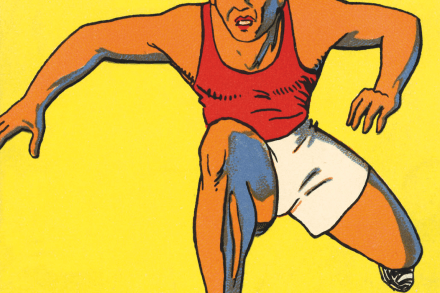A haunting theme: The Echoes, by Evie Wyld, reviewed
Evie Wyld’s powerful fourth novel opens from the perspective of Max, a ghost who haunts the south London flat where he lived with his girlfriend Hannah. A ghost story is new ground for Wyld, the multi-award-winning Anglo-Australian writer, but her signature traits are immediately evident – poetic observations of unusual details; a pervasive sense of grief and palpable trauma, leavened with a wry sense of humour (Max notes his ‘strong urge to file a complaint’ about being a ghost); and an intricate plot that compels readers to delve into complex past events. As the book progresses, Wyld alternates sections from Max’s perspective, entitled ‘After’, with others: ‘Before’, Hannah’s perspective on





















